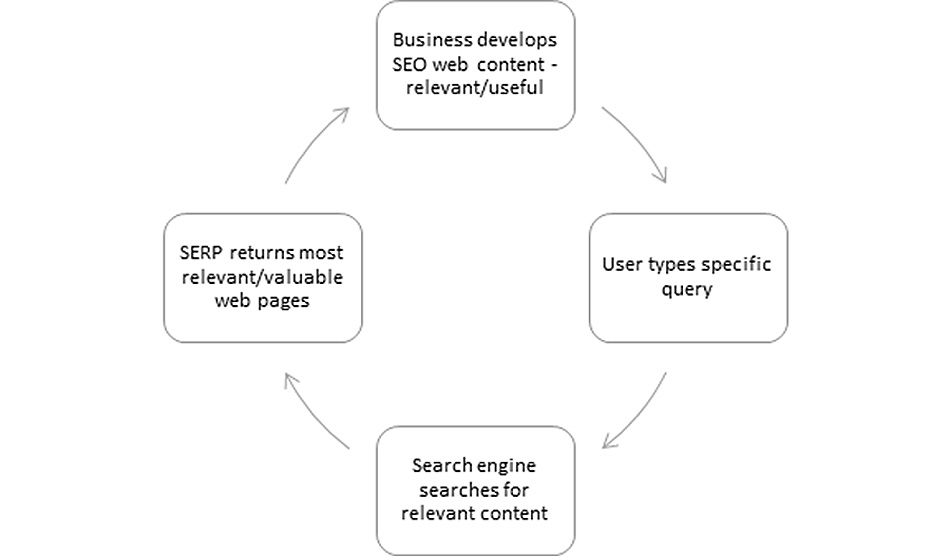How Blogging Can Work for You
The term blog derives from the word weblog, which originally referred to a personal online journal in which a writer documented activity, reflections, thoughts, etc. Over time, the word weblog shortened to blog, and the meaning expanded to include information and commentary that a business uses to market or promote itself, develop brand awareness, establish itself as an expert in a specific area, and remain relevant and active in front of followers, customers, even the public in general. Blogs are chronicled on a website and usually link to articles and information contained on other websites.
Blogs can be a powerful information source for those who follow and read them. For those who write and post them, the intent is to attract traffic to a company website and convert followers into buyers. Marketing experts and web developers understand just how good blogging can be for a company’s bottom line. Their objective is for blogs to rank high in Google searches, which also increases a company’s web presence and visibility.
The key to achieving these results lies in using and applying search engine optimization – SEO – properly and consistently when blogging. Keep in mind the following tips to help your blog content get ranked higher in Google.
Keyword optimization
First, research which keywords are best for your blogs, then incorporate them into your blog content. Use keywords in the title of your blog, and place one or more close to the start of the blog title. Use keywords strategically and naturally throughout your blog article; overstuffing an article with keywords is artificial and can backfire.
Use keywords in subheadings
Different sections of a blog article should have their own heading. These subheadings should also contain the keyword or key phrase.
Enhance content readability
How easy is the content of your blog to read and understand? Unless your industry or subject matter has complex jargon, it is always better to keep your writing simple. Online apps are available to assess the readability of your content. These apps will indicate if your content contains complex or confusing phrasing, unnecessary words, or if you have written in passive, rather than active, voice. Experts recommend keeping the reading level to a 6th to 8th-grade level.
Keep content relevant and optimized
Google loves quality content and ranks blogs containing quality content higher in search results. What is quality blog content? Content that is usable, informative, helpful, and fully detailed. Lengthy content is always better if you want to improve search ranking. Article length should be over 1,000 words, but over 2,000 words is even better.
Keep blog content updated
Since Google prefers to present search results with the most up-to-date information possible, by updating the content in your blogs frequently, you improve your ranking in search results. Simple updates are all that is needed to achieve the desired results within Google.
Link to other articles, link internally, and be shareable
When your blog contains links to other articles, you establish a relationship with the owners of those other articles, which can lead to a reverse situation in the form of backlinks to your article – great for improving search rankings. In addition, linking from your blog to other pages within your own website can help rankings, as does including buttons for readers to share your content with friends and followers on their own social media sites.
The meta description and URL matter
Have your web manager address the technical elements of your blog. For example, the URL for the blog should contain keywords and be easily readable, rather than present a generic numeric ID. By having keywords in the URL, you help Google find it. Also, make sure the meta description – how the message that describes your blog shows up in search results – is directly relevant to the content.
Your website should be easy to navigate and mobile-friendly
Google likes websites that provide a positive user experience, including those that are mobile-friendly and can be viewed on any type of mobile device. When your website is easy to navigate and users can easily find what they’re looking for, you improve SEO and site ranking, which also helps your blogs rank higher.
Other site technicalities
Ensure the web site where your blog appears loads quickly, contains no broken links, and adheres to the usual web content rules for HTML and CSS coding.
Do you have what it takes to write your own blogs?
You might be an expert in your industry and an excellent writer, but if you don’t follow the guidance contained here, your blogs could go unseen and your blog efforts wasted. Professional web developers, marketers, and copywriters can support your blogging and SEO efforts to improve the web rankings of both the information you post and your website.
Our Philadelphia-based web development company Perfexion, Inc. can help. Our team of professionals specializes in optimizing clients’ web content and enhancing their website rankings across all search engines. We are located in Plymouth Meeting just outside King of Prussia and specialize in optimizing our clients’ web content ensuring their sites perform to the best of their ability.
WEBSITE pfxn.com
E-MAIL hello@pfxn.com
CALL 610-783-7660
SAY HELLO




